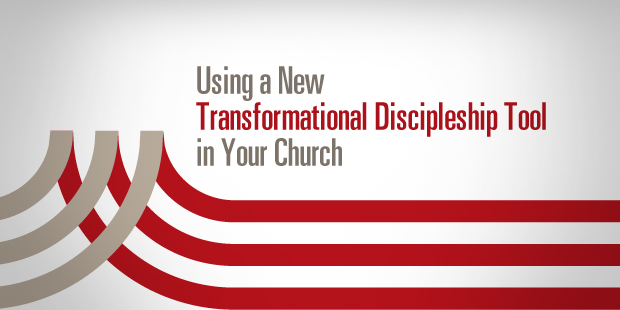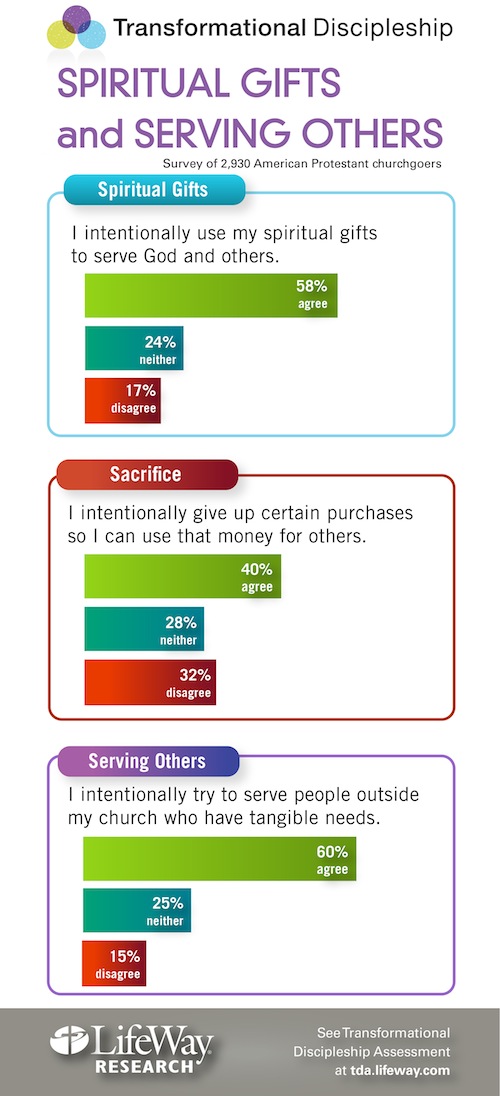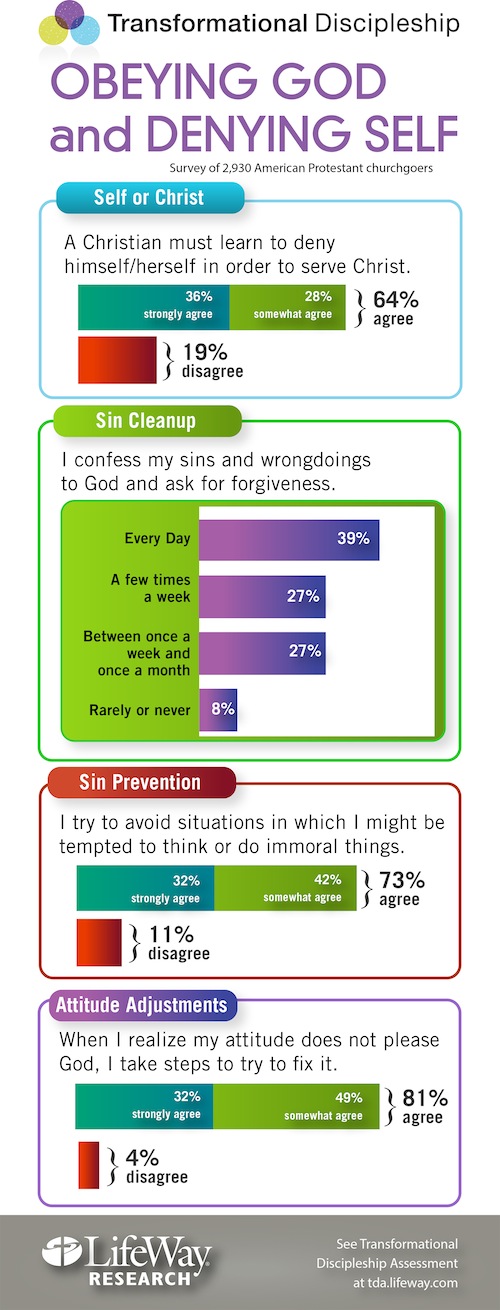
Be a Church That Wants to Go Deep with God
Lately there’s been a lot of talk about spiritual formation and discipleship, and rightfully so. I think we can all agree there’s a discipleship deficit in evangelicalism. Perhaps the elephant in the room is that there isn’t a whole lot of discipling going on, even though that’s precisely what we, as Jesus’ followers, were commissioned to do.
So leaders are asking questions like, “What should we do?” and “How should we do it?” There are plenty of successful models that have been tried in a variety of contexts. But how can we best make disciples right where we are?
What if, before buying the latest discipleship book, we looked to Scripture to find out what God says about discipleship? In this series of articles, we’ll look at four discipleship principles found in God’s Word:
- Maturity is a goal for disciples.
- God wants you and your church on a clear path toward spiritual growth.
- God involves us in our own growth, as well as our church’s growth.
- God calls you and your church to be spiritual leaders.
Moving toward Maturity
First, we have to recognize that maturity is the goal of discipleship. Keeping people spiritually immature is never a stated goal, but we seem to be achieving it.
Part of the problem is in the way we sometimes see the maturing process. We should not treat depth and maturity as an enemy. Being deep in the faith is not about being full of obscure details or minutia. Being spiritually mature does not mean you have graduated out of the daily grind of faith, grace, and mercy in a fallen world.
True spiritual depth is about understanding the Word of God and living out its truths. That should be the goal for all of us.
Fear of the Deep
I’m sure there are some who are afraid of maturing too much—to a point where there’s a chasm between them and the lost. We always want to communicate at a level that is accessible to the unchurched, but that doesn’t mean we should remain immature or shallow for the sake of connectivity.
If we have low expectations for discipleship, we end up with churches that are an inch deep and a mile wide. Our task is to keep things simple without engaging in “simplism,” which is when we make something so simple it loses its essential value.
After “leaving the elementary message about the Messiah, let us go on to maturity,” the author of Hebrews tells us (6:1, HCSB). That doesn’t mean we should become better Bible bowl contestants. This isn’t about gauging our walk with Christ by how many cities we can locate on a map of Israel. It is about becoming more complete disciples.
So our challenge is to keep the communication simple while not passing on a simplistic approach to the gospel. It is a balancing act for sure—but more than a balancing act. It is only through depth and maturity that we will truly find better methods for communicating the gospel.
A truly deep experience will not move us away from the ones we are trying to reach. It will move us toward them.
We can’t be too deep in the faith, but we can be too shallow. God will not bless shallowness when a deeper walk is available. An elementary approach will not produce mature disciples.
Measuring Maturity
A LifeWay Research study on discipleship (Transformational Discipleship) found that of the people we studied, only 3.5 percent of the people surveyed over the course of a year had any measurable growth. In other words, only 3.5 percent of people reported that there was something different in the way they engaged the Word of God, shared Christ, or served others.
But over 55 percent had perceived that they had growth spiritually. Now, I’m not saying they didn’t grow. But I think a lot of people think they’re growing spiritually when they are actually stuck at those elementary teachings and need to move on to deeper things.
In the area of discipleship, as in other areas of life, we sometimes want something so much that we begin to think we’re doing better than we are. Therefore we must be vigilant to regularly evaluate and measure where we are in the growth process if we are to be serious about our own discipleship.
This isn’t a new problem, nor is it simply an issue for the American church to consider. The early church had to deal with the same thing. In 1 Corinthians 3:1–2 Paul writes, “I was not able to speak to you as spiritual people but as people of the flesh, as babies in Christ. I gave you milk to drink, not solid food, because you were not yet ready for it. In fact, you are still not ready.”
How do we help people move on and move forward from milk to solid food? We see this theme over and over again. In Hebrews 5:11–12 we find that the believers still “need milk, not solid food.” In that passage, we also find laziness at play in those who are immature.
As a person grows spiritually, they will be more active in the ministry of God, not less. If you find a person who is not interested in being part of the mission of God, you have likely found a stalled disciple.
Reaching the Goal
So, we want to move people from spiritual immaturity to maturity. That’s the goal. And we want to know that growth is actually taking place and is not just imagined.
How can we make sure we are going deeper? It starts with culture. Be a church that wants to go deep with God. Provide ever-increasing opportunities for people who want to go deeper in spiritual formation.
I’ll give you an example: I had a gentleman in my church recently say to me, “I’d like to go deeper.” And in our church, I think we try to preach in a way that’s both accessible to the unchurched and theologically robust. But he wanted me to go deeper, and I love that.
“Let’s do this,” I said. “Why don’t we start reading a systematic theology together?” And so we broke out Wayne Grudem’s Systematic Theology. He bought a copy. I bought a copy. We started reading.
There are many things that go into a successful discipleship ministry, but one key is that spiritual maturity must be a goal. And if we don’t teach the goal and preach the goal, we won’t reach the goal.
Don’t shy away from maturity. The enemy wants us to remain like babies, never strong enough to be about the mission we’ve been given. Embrace the shovel. Go deep. And remember, there is no need to exchange numerical growth in our churches for the spiritual growth of its members.
What distractions are keeping you from setting and achieving the goal of spiritual maturity? How do you measure spiritual success in your own life or in the lives of others?

Tags: Discipleship, Ed Stetzer, Spiritual Maturity, Transformational Discipleship, maturity


























